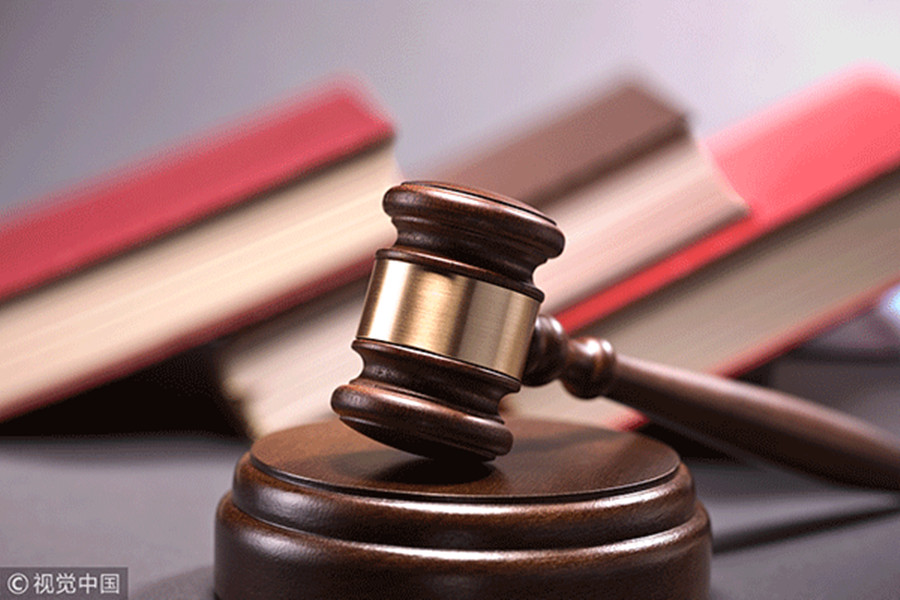Procedures for online litigation to be clarified


A judicial interpretation for online litigation is expected to be issued within the end of this year in a move to regulate legal behavior of courts in cyberspace, an official from China's top court said.
After seeing achievements by three internet courts and based on their legal practice in the past few years, "we'll further clarify legal procedures of dealing with online litigation, preparing to issue an interpretation that applies to all Chinese courts before the end of this year," said Li Shaoping, vice-president of the Supreme People's Court.
He made the remark at a seminar on developments of the internet courts in Beijing on Wednesday, noting some rules relating to online litigation, including technological standards and data security, will also be studied and made.
"Meanwhile, we plan to guide the internet courts to strengthen communication with government agencies and internet enterprises as well as to build a data sharing platform," he added.
With fast development of the internet and technology, China established its first court to handle internet-related disputes in Hangzhou, Zhejiang province, in August 2017. A year later, two other such courts were set up in Beijing and Guangzhou, Guangdong province.
All legal procedures, including case filing, trial and ruling delivery, can be done online in these courts, and disputes heard in the courts mainly cover internet and intellectual property rights, such as those involving online loans, online shopping contracts and online copyrights issues.
By Aug 31, the three courts had heard 222,473 cases, of which, 194,697 were concluded. More than 99 percent of such cases were filed and heard online, statistics released by the top court on Wednesday said, adding each hearing lasts 29 minutes on average, saving much more time than litigation offline.
While improving judicial efficiency, simplifying legal process and offering convenience for litigants, the three courts have also played a bigger role in exploring how to regulate internet behavior by hearing cases and how to govern cyberspace by rule of law, the top court said in a statement.
For example, Beijing Internet Court, resolved a dispute over unpaid fees for faking online views last year. In the ruling, it clarified such behavior a fraud, misleading users, damaging public interests and bringing disorder to the online business environment.





































